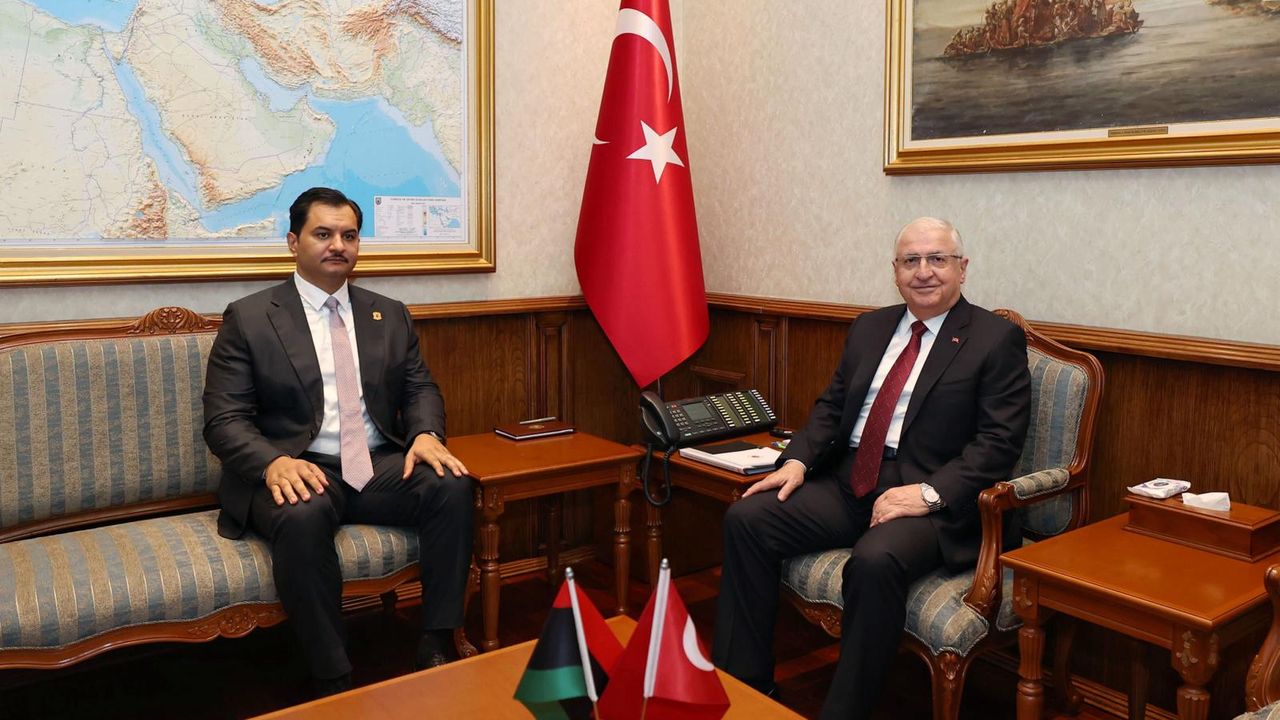Italy forced to free wanted Libyan officer over “ICC mistakes”

Italy has said they were forced to free a Libyan officer wanted for war crimes by the International Criminal Court (ICC) due to mistakes in their warrant. According to Al Jazeera, on February 4th government minister Carlo Nordio revealed that the ICC’s warrant was “marked by inaccuracies, omissions, discrepancies and contradictory conclusions”.
Authorities in Italy arrested but then released Osama Elmasry Njeem on an ICC warrant accusing him of the murder, torture, and rape of detainees in Libya.
Njeem is chief of the Tripoli branch of the Reform and Rehabilitation Institution, an infamous network of detention centres. He returned to Tripoli two days after he was taken into custody in Italy.
The ICC has been investigating allegations of serious war crimes committed in Libya since the 2011 civil war and demanded an explanation for Njeem’s release from Rome.
Criticism has also been fired at the Italian government from their political opposition for their decision to free him: “The international credibility of Italy has been tarnished by your decision to release a Libyan torturer,” said Elly Schlein, head of the Democratic Party.
Njeem’s release triggered an investigation into Italian Prime Minister Giorgia Meloni, as well as her ministers, and a cabinet undersecretary.
However, after the mistakes in the warrant were revealed, The ICC corrected them and publicly unsealed the warrant.
Nordio went on to suggest that there was “uncertainty” in the warrant about when Njeem was said to have committed the alleged crimes, arguing that the document put the alleged abuses from 2015 to 2024, later referring to crimes committed from 2011.
“It is my intention … to ask the ICC for justification of the inconsistencies,” Nordio said, saying the international court knew it had made “a huge, hasty mess”.
Interior Minister Matteo Piantedosi, also addressed parliament, saying Njeem was instantly expelled from Italy after his release as he was seen as “socially dangerous.”
Piantedosi denied claims by opposition leaders that Njeem worked with Italy to aid the control of migrant flows from Libya, and that Rome faced external pressure to free the officer.
Since 2017, Italy has had a deal in place with the Libyan Government of National Unity in Tripoli. Under this agreement, Rome has provided training and money to the Libyan coast guard in order to discourage the departures of migrants from their home country, or to return those already on journeys back to Libya.
Al Jazeera, Maghrebi, International Criminal Court
Want to chase the pulse of North Africa?
Subscribe to receive our FREE weekly PDF magazine













